Grid Forward announces its next virtual summit, “Building the Decarbonized Grid,” planned for June 8 and 9, 2021.
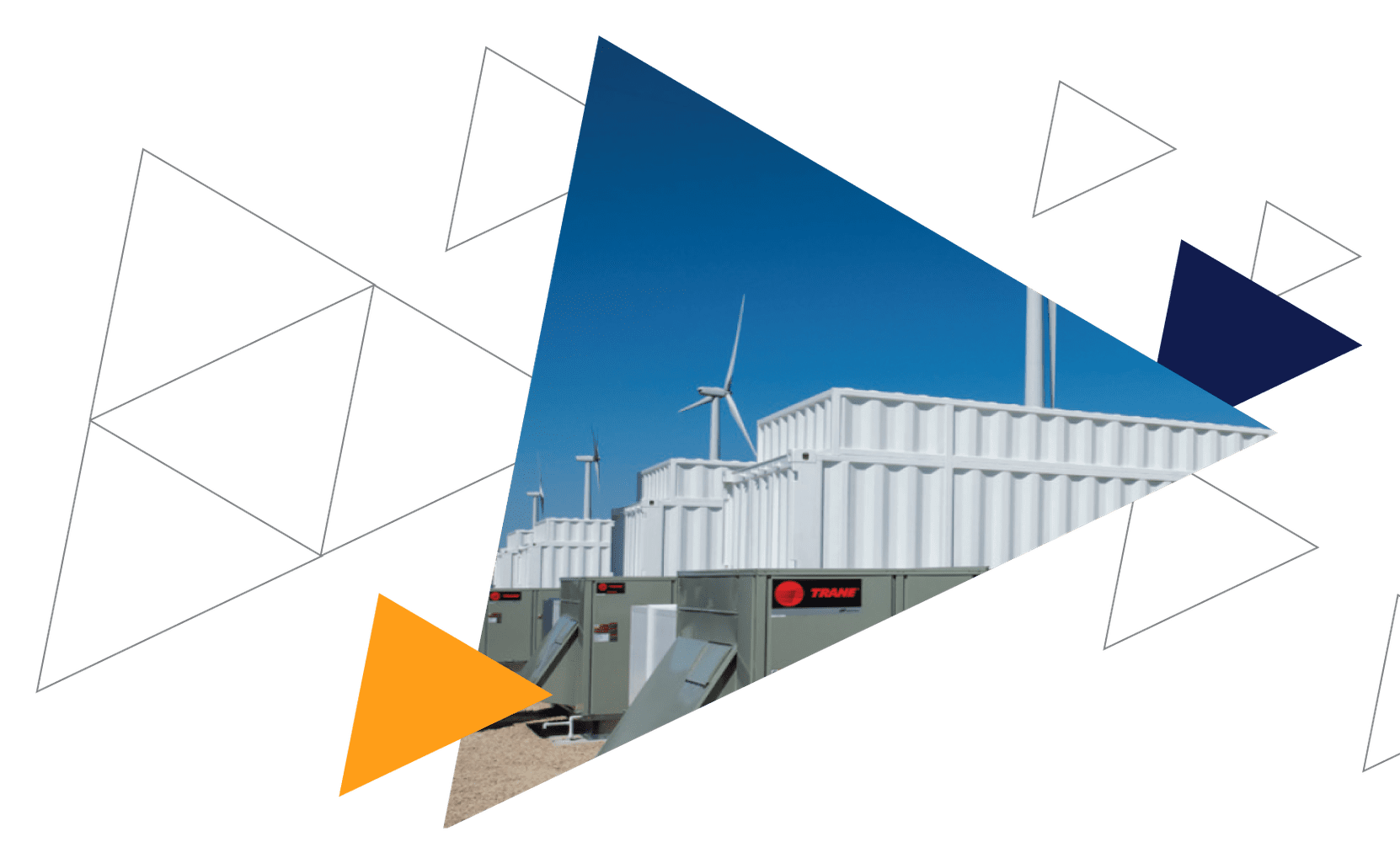
This virtual event over two days will explore a cross section of the critical capabilities that need deeper investment now, and over coming years, to ensure that deeply decarbonized energy systems in the wider region run effectively.
Download the preliminary summary here >
Registration is open: Grid Forward members get a free ticket, all others can join all the sessions over two days for just $95.
As the region accelerates clean energy deployments, what solutions need to be funded and deployed on the grid so that our electric system remains reliable and resilient as it decarbonizes? The Building the Decarbonized Grid Summit will highlight the solutions for grid operations and management that can lower carbon and improve service, while also supporting the broader decarbonization goals of government entities, corporations and citizens.
Tuesday, Jun 8 – All sessions last 60 minutes or less, times are Pacific Daylight Time
9AM Opening
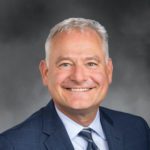
Sen. Reuven Carlyle
Chair, Washington Senate Environment, Energy & Technology (EET) Committee
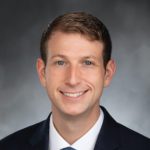
Rep. Joe Fitzgibbon
Chair, Washington House Environment & Energy Committee

Laura Manz
Director, Energy, Sustainability, and Infrastructure
Guidehouse
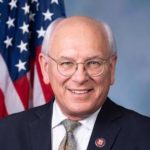
U.S. Rep. Paul Tonko
Chair of the Subcommittee on Environment & Climate Change
U.S. House Energy and Commerce committee
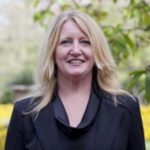
Karen Wayland
CEO
GridWise Alliance
10AM
Pathways to Deep Decarbonization
Distribution System Planning & the Integrated Grid
11AM
Leveraging Real-Time System Visibility to Integrate Solar
Modern Solutions for Relieving Transmission Constraints
1PM
Scaling Demand-Side Flexibility
Updates and Lessons From States on the Front Line
2PM
Making DERs a Resource At Scale
Lessons from Corporate Deep Decarbonization Efforts
Wednesday, Jun 9 – All sessions last 60 minutes or less, times are Pacific Daylight Time
9AM
Realities of 100% Commitments for Cities
Expanding Advanced Forecasting Capabilities
10AM
Long-Duration Storage Makes Its Case
Innovating Rates and Pricing
11AM
Facilitating the Electrification of Fleets and Heavy Transport
A National Roadmap for Grid-Interactive Efficient Buildings
1PM
How the Grid can Make an Exceptional EV Experience
Rethinking Resource Adequacy in a Decarbonized World
2PM Closing – Evolution of the Business Model and Investing to Accelerate Commercial Grid Solutions
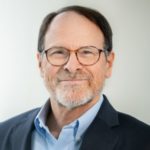 Peter Fox Penner
Peter Fox Penner
Author: Power After Carbon
Energy Impact Partners
Boston University
in conversation with
Scott Harden, Microsoft
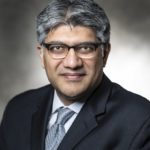 Jigar Shah
Jigar Shah
Director, Loan
Programs Office
U.S Department of Energy
in conversation with
Audrey Lee, Microsoft
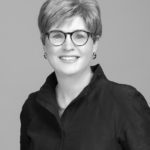 “We are proud of the progress Portland General Electric has made and excited as we continue to decarbonize our energy system. Accelerating deeper capabilities for effective grid management is a critical element of success and we look forward to engaging discussions at the upcoming Summit.”
“We are proud of the progress Portland General Electric has made and excited as we continue to decarbonize our energy system. Accelerating deeper capabilities for effective grid management is a critical element of success and we look forward to engaging discussions at the upcoming Summit.”
– Maria M. Pope, president and CEO, Portland General Electric
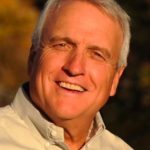 “The wider region is undergoing an ambitious transition to decarbonization pathways in the electric grid. It is vital that stakeholders come together to understand the grid innovation and modernization capabilities that help achieve this outcome effectively. We are glad Grid Forward is bringing people together for this important conversation.”
“The wider region is undergoing an ambitious transition to decarbonization pathways in the electric grid. It is vital that stakeholders come together to understand the grid innovation and modernization capabilities that help achieve this outcome effectively. We are glad Grid Forward is bringing people together for this important conversation.”
– Bill Ritter, Jr., founder and director of the Center for the New Energy Economy (CNEE) at Colorado State University and former governor of Colorado
This virtual summit offers featured sessions with regional and national speakers, breakout discussions with detailed conversations on specific areas, and social conversations that emphasize insights and connections. The sessions will be spread out over the two days to make it easier for you to fit the ones you want into your schedule.
Grid Forward members will each receive a complementary ticket. All others are invited to join any and all sessions for one $95 fee.
Pathways to Deep Decarbonization (10AM)
This well known group of panelists publishing decarbonization studies in the region, both economy-wide and power sector focused. They will share key takeaways from their work, addressing critical topics such as electrification, resource adequacy, and regional markets. The discussion will focus on near term and long term barriers to power sector decarbonization, as well as the role the power sector can play in decarbonizing the wider economy.
Leveraging Real-Time System Visibility to Integrate Solar (11AM)
Traditional approaches to modeling and managing the distribution system are quickly becoming insufficient to navigate the complexity of dynamic load from solar, EVs and other distributed energy resources. To manage a decarbonized grid, utilities will need real-time visibility and control of all operational assets. Innovative software solutions can leverage data from every end point on the system, including smart meters, solar inverters and EV chargers, to deliver real-time visibility and control, but deploying these technologies at scale requires new business models and incentives. The panelists for this session will draw upon their work together in New York to discuss the technical and financial hurdles that must be addressed to effectively integrate solar with grid operations and deliver value for all parties.
Scaling Demand-Side Flexibility (1PM)
Demand Side Resources have long been the most cost-effective solution to energy resources constraints and are often the most cost effective and flexible solution to decarbonization. The adoption and the deployment of these resources for a decarbonized grid, however, is different from an energy consumption reduction approach, and utilities in the West are working hard to use new technologies, and new delivery strategies to enable the way in which customers use electricity in their buildings (can cars) to become a part of the decarbonized grid. The panelists in this session will discuss programs engaging customers in this process and technologies that are becoming the workhorses of flexible building demand and consumption.
Making DERs a Resource At Scale (2PM)
Distributed Energy Resources (DERs) have been underutilized in part because grid operators and utilities are less familiar with them. Let’s discuss how to create a pathway for wholesale and distribution system operators to address concerns with DERs and how to get them into market at scale, including data and systems needed for these types of resources, barriers to DERs, and the impact of FERC 2222.
Distribution System Planning & the Integrated Grid (10AM)
Integrated resource plans provide analysis supporting least-cost, least-risk resource acquisition. The Oregon PUC recently adopted guidelines for distribution system planning to encourage development of modern solutions both to distribution system needs and to broader system needs. Stakeholders in Oregon are moving to plans that will use outputs from the distribution system plan to identify flexible load resources on a portfolio basis. What lessons might other states take from these activities and what can Oregon learn from other states? Join this discussion about how distribution system plans align to the wider needs of regional energy systems in the decarbonization transition.
Modern Solutions for Relieving Transmission Constraints (11AM)
A decarbonized grid will rely on renewable generation in locations far from where the demand for power is located and significant increases in transmission capacity will be required to deliver this generation to load. As alternative to building expensive and controversial high-voltage transmission lines, this panel will explore how technological innovations (such as in conductor design) can increase transfer capability and reduce losses and discuss non-wires solutions that have proven effective at relieving transmission constraints.
Updates and Lessons From States on the Front Line (1PM)
States are leading the way to a decarbonized energy future. Join this conversation to hear lessons from the front lines of states that have recently been learning what the deep decarbonization future looks like since they are experiencing significant activity now.
Lessons from Corporate Sustainability and Renewable Energy Management efforts (2PM)
Amazon has committed to be net zero carbon across their business by 2040, 10 years ahead of the Paris Agreement. To meet their goals under The Climate Pledge, Amazon has shorted the deadline to have 100% Renewable Energy powered operations by 2025. Currently managing over 100 renewable energy projects globally and with over 6GW in place powering their data and fulfillment centers around the world. This session will feature a discussion on how Amazon is meeting its Sustainability goals, helping other companies on their Sustainability journey as well as the tools and approaches being deployed to help Amazon’s utility partners to succeed in gathering data and running AI/ML analytics to optimize and manage their Renewable Energy assets.
Realities of 100% Commitments for Cities (9AM)
You thought the state session yesterday was the front line of decarbonization. In fact, cities have an even closer front row seat. Join this conversation with city leaders who are committing to 100% clean energy for their communities on the lessons they are taking along the way of this ambitious journey.
Long-Duration Storage Makes Its Case (10AM)
We all know about lithium-ion batteries, but they are not the battery for all situations. The grid needs long duration storage to smooth over longer time periods of intermittent supply. Pumped Hydro has been around for many years and today other solutions are emerging, flow batteries, hydrogen, and others. Panelists in this session include author of a recent paper discussing the emerging market for long duration storage, as well as companies developing and launching products that meet the needs in this market.
Facilitating the Electrification of Fleets and Heavy Transport (11AM)
While much of the attention goes toward the expansion of consumer electric vehicles, the lift for the grid to ensure fleets and heavy duty transportation electrification is quite a bit larger. How will schools electrify bus fleets? How can commercial fleets ensure a streamlined expertise as they electrify? What do you do for a corridor that may have significant heavy duty vehicles charging at MWs each? Join this discussion that will explore what stakeholders can do to ensure the grid is ready and able to accommodate large commercial and municipal vehicles.
How the Grid can Make an Exceptional EV Experience (1PM)
With 80% or more of personal EV charging happening at home, the electric mobility revolution is not a simple matter of shifting consumers from public gas stations to public chargers; it’s an entire paradigm shift in how electric utilities serve their residential customers and in the associated opportunities and risks arising for the grid. Among the many questions emerging in this new world, we’ll explore: What does the driver charging experience need to look like for widescale adoption of EVs? What tensions and what synergies are emerging between utilities and automakers in serving this joint customer? Are utilities well-equipped by policymakers to enable the EV transition?
Expanding Advanced Forecasting Capabilities (9AM)
While it may not sound exciting, the front edge of forecasting is an important topic for running a decarbonized grid effectively. This discussion will look at leading capabilities of better forecast things like weather for central generation assets, adoption/expansion of demand side resources, customer behavior and interests and other both supply and demand side aspects. Better visibility and more granular predictions will significantly help in an increasingly decarbonized energy system.
Innovating Rates and Pricing (10AM)
Getting in the weeds is going to be important for the energy decarbonization transition. Roll up your sleeves and get ready to dive in with experts on how the structure of rates and pricing solutions can be central tools in the move toward a deeply decarbonized system that maximizes variable resources, encourages and incentives energy usage (at certain types), and ensures the integration of various assets.
A National Roadmap for Grid-Interactive Efficient Buildings (11AM)
This session will go over the recent US Department of Energy (DOE) report, A National Roadmap for Grid-Interactive Efficient Buildings. The Roadmap is a comprehensive plan describing the value that grid-interactive efficient buildings (GEBs) can add to the power system, their technology attributes, and recommendations for addressing the top barriers to GEB adoption and deployment. The report quantifies dollar and C)2 emission savings, and provides 14 recommendations for addressing the top barriers to GEB adoption and deployment.
Rethinking Resource Adequacy in a Decarbonized World (1PM)
Just when operators were getting comfortable with emerging grid decarbonization tools, (DERs, flexible load, storage, VERs), along come unprecedented grid disruption events. How is resource adequacy (RA), as a forward-looking planning framework, responding to the challenge of delivering uninterrupted service while also decarbonizing? Will the threat of continued disruptions cause RA to retrench into long-standing practices? Is this actually the perfect time to bring in new tools? Or is there a middle path? This panel will discuss potential solutions and address obstacles to harmonize the objectives of achieving a reliable, carbon-free resource mix.
Interested in sponsoring Building the Decarbonized Grid? Talk to Sam.
Any other questions about the summit? Contact Bryce.